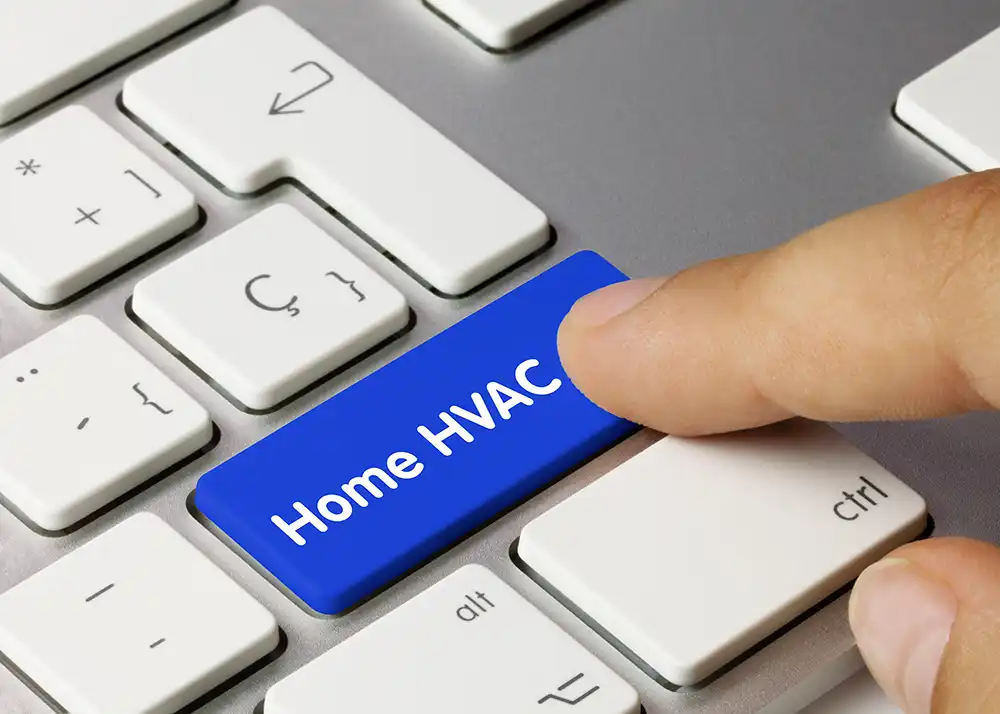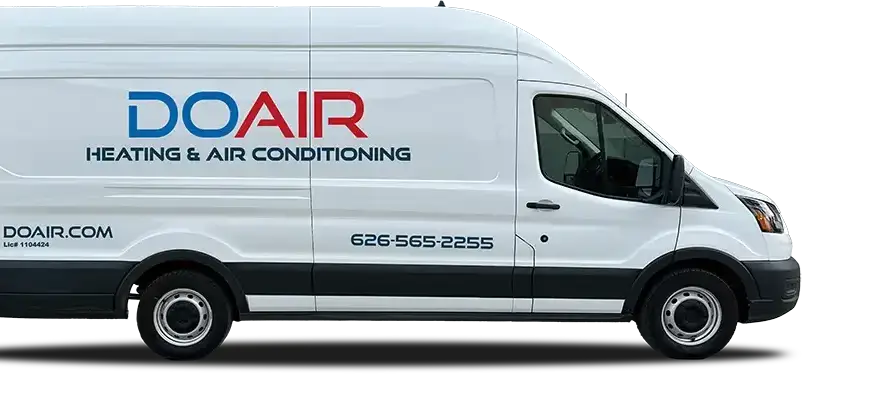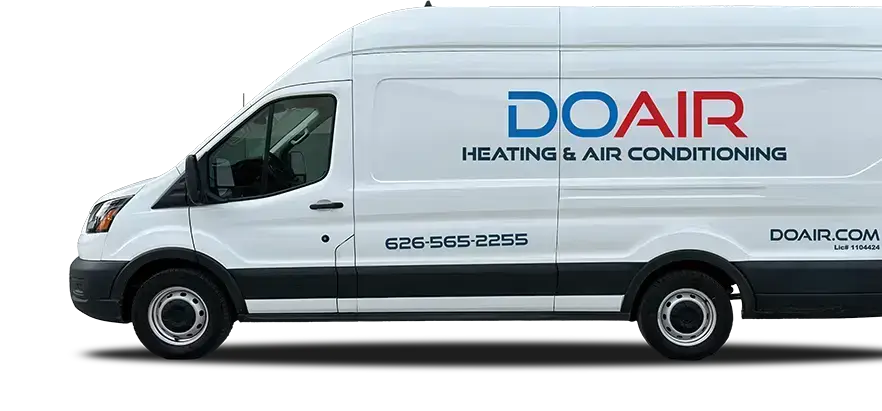Since ancient times, the necessity of heating our homes and offices has been crucial for comfort and survival. Moreover, in pursuit of efficiency, affordability, and convenience, we find ourselves on the brink of a revolution in heating technology. Indeed, Smart Heating represents the pinnacle of this quest, blending the latest advancements in technology to create heating systems that are not only more efficient but also more attuned to the needs and preferences of the users.
Understanding the Basics of Smart Heating
Essentially, Smart Heating utilizes intelligent systems that adapt to your habits, optimizing comfort and energy efficiency. In addition, you can remotely adjust these systems, which automate schedules and further offer reports on energy consumption.
The Evolution of Heating Systems
Historically, heating systems have evolved from traditional furnaces to modern central heating. Consequently, Smart Heating is the next leap, integrating digital technology into our living and working spaces.
The Core Technologies in Smart Heating
Rather than simple gadget improvements, this heating method embodies a holistic system. It combines diverse technologies for an integrated and user-friendly heating management.
Smart Thermostats: Revolutionizing Temperature Control
Prominently, these thermostats stand at the forefront, not just learning your routines and preferences but also fine-tuning the environment. This ensures optimal comfort with energy efficiency.
IoT: Ensuring Seamless Connectivity
Fundamentally, IoT enables seamless interaction among heating components for real-time adjustments. This allows intelligent system responses based on external conditions.
AI and Machine Learning in Heating Systems
Central to this, AI and machine learning technologies craft systems that anticipate your needs. They make preemptive adjustments for an always comfortable and energy-efficient home.
Advantages of Intelligent Heating Systems
Integrating advanced technologies, Smart Heating systems deliver numerous benefits, such as significant reductions in energy consumption and enhanced user comfort.
Energy Efficiency and Cost Savings
A prime advantage lies in the substantial energy savings achieved through intelligent scheduling and the elimination of superfluous heating, thus lowering utility expenses.
Enhanced Comfort and Convenience
Offering unmatched customization and control, these systems ensure your living space maintains the ideal temperature, providing a warm welcome home at any time.
Environmental Considerations
Moreover, beyond personal gains, these systems contribute to environmental sustainability by optimizing energy usage and reducing waste, thus lessening the heating-related carbon footprint.
Challenges and Considerations
Transitioning to Smart Heating, despite its benefits, presents challenges like ensuring system compatibility, understanding installation nuances, and enhancing security for connected technologies.
Installation and Setup Challenges
Adopting this technology may require significant updates or compatibility checks with existing heating infrastructures, highlighting the importance of strategic planning for a smooth upgrade.
Compatibility with Existing Systems
It’s crucial to select a system that integrates seamlessly with your current setup, potentially avoiding the need for extensive modifications.
Security and Privacy Concerns
Given the interconnected nature of these systems, implementing stringent security measures and maintaining privacy becomes paramount to safeguard user data.
Smart Heating in Different Settings
Interestingly, the application of these technologies extends beyond residential areas to commercial and industrial settings, demonstrating versatility and adaptability to various environmental needs.
Residential Smart Heating Solutions
In residential settings, these solutions redefine comfort and efficiency, tailoring the heating experience to individual preferences with unparalleled ease.
Commercial and Industrial Heating Innovations
For commercial and industrial environments, the scalability and efficiency of these heating solutions can lead to substantial energy savings and operational cost reductions.
Smart Heating in Extreme Climates
Especially in regions facing harsh winters, the adaptability and efficiency of these systems are essential for maintaining consistent and comfortable indoor temperatures.
User Experience with Smart Heating
Ultimately, the true merit of these systems lies in the personalized and adaptive experience they offer, continuously evolving through user feedback and technological advancements.
Personalization and User Control
These systems offer an unparalleled level of personalization, allowing users to fine-tune their heating preferences and schedules for optimal comfort and convenience.
Integration with Smart Home Ecosystems
Also, being part of a broader smart home ecosystem, these heating solutions work synergistically with other smart devices, creating a cohesive and intelligent home environment.
User Feedback and System Improvements
Importantly, user input is invaluable in refining these systems, ensuring they stay at the forefront of innovation, user satisfaction, and technological excellence.
Smart Heating: Integrating Advanced Technologies
Looking ahead, it’s evident that these systems will continue to evolve, becoming increasingly intelligent and integrated, shaping the future of home heating.
The Future of Smart Heating: Trends and Predictions
Emerging technologies and evolving user expectations are shaping the trajectory of heating technology, with sustainability, AI enhancements, and renewable energy integration leading the way.
Case Studies: Success Stories in Smart Heating
Real-world applications underscore the transformative impact of these technologies, showcasing tangible benefits and setting a benchmark for innovation in heating solutions.
FAQs
Smart Heating optimizes temperature control and schedules, effectively adjusting based on habits and external conditions, thus reducing unnecessary energy use.
It’s vital to consider compatibility, cost, features, ease of use, customer support, and integration with smart home devices.
Yes, many systems are compatible with various setups. Always check with manufacturers or installers for integration capabilities.
Smart Heating ensures security through data encryption, secure connections, and updates. Always use strong passwords and check privacy settings.
Trends include AI for predictive heating, renewable energy integration, user-friendly interfaces, and smart home device compatibility.
Conclusion
In summary, Smart Heating integrates advanced technologies into our daily lives. It offers comfort, efficiency, and innovation during the cold winter months. As we embrace these intelligent systems, the future of heating looks not just warmer, but smarter, more efficient, and more in tune with our personal needs and environmental responsibilities.


